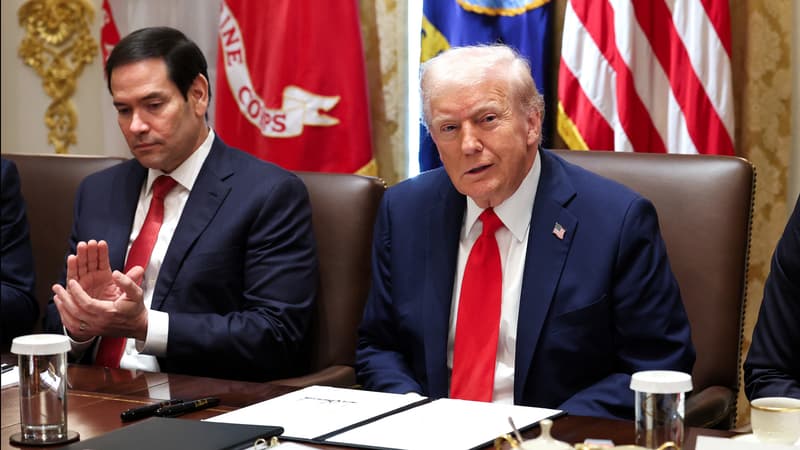More threats. On Friday, October 10, the United States announced that it will apply sanctions to any country that votes in favor of a carbon tax on maritime transport, within the framework of the International Maritime Organization (IMO), a United Nations agency that denounces a “neocolonial” measure.
Next week, members of the London-based IMO will vote on whether to adopt the so-called “NZF” agreement aimed at reducing global carbon dioxide emissions from the international shipping sector. Which is not to the liking of several members of the Trump administration.
“It will be the first time that a United Nations organization will impose a global carbon tax on an international scale,” according to Washington, which “categorically” rejects this proposal presented to the IMO. The United States “does not tolerate[ont] “There are no measures that could increase costs for our citizens, our energy suppliers, our shipping companies and their customers, or even our tourists,” according to the press release.
Visa restrictions or additional port fees
For the United States, the economic repercussions of this measure “could be disastrous, with some estimates predicting an increase in global shipping costs of up to 10% or more.”
Since returning to power, US President Donald Trump has initiated a complete change in climate terms, denouncing the 2015 Paris Agreement, which aims to limit warming to +1.5°C ideally and supporting fossil fuels through deregulation. The Republican leader rejected the scientific conclusions on the issue at the UN and accused “climate change” of being “the biggest scam” in history.
Among the sanctions considered, visa restrictions or additional port fees on vessels owned, operated or flying the flag of countries that support the carbon tax.
Source: BFM TV


